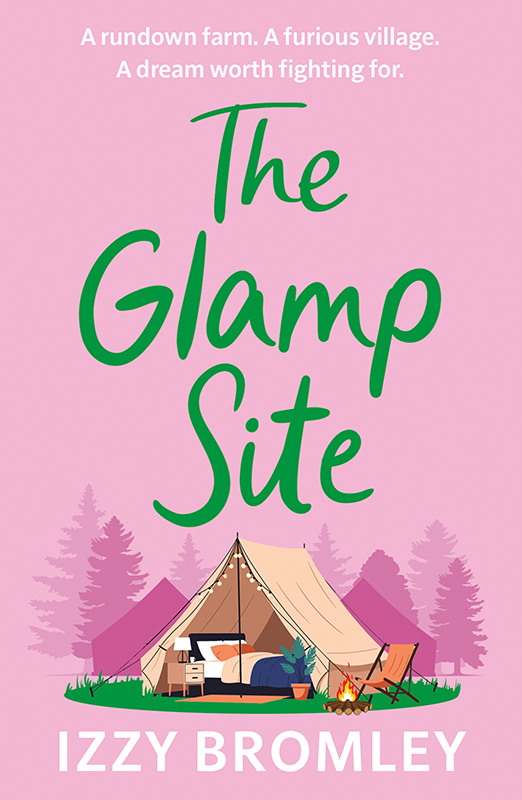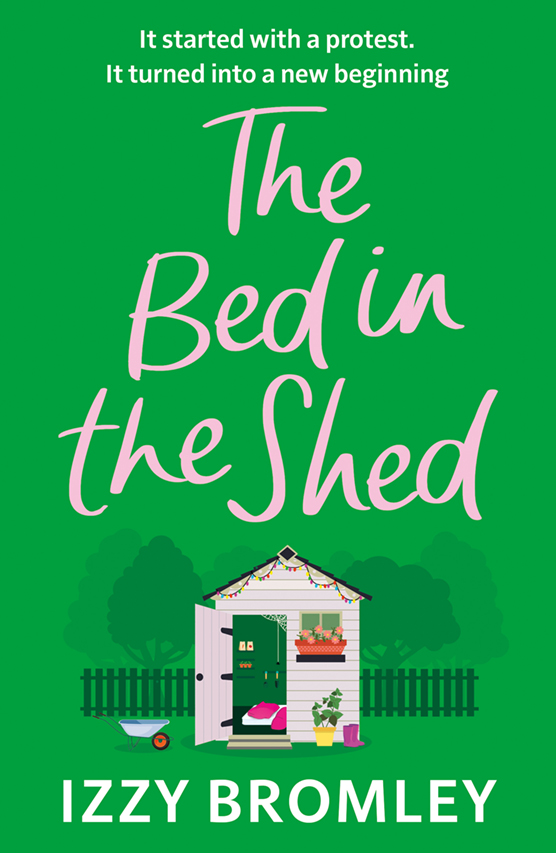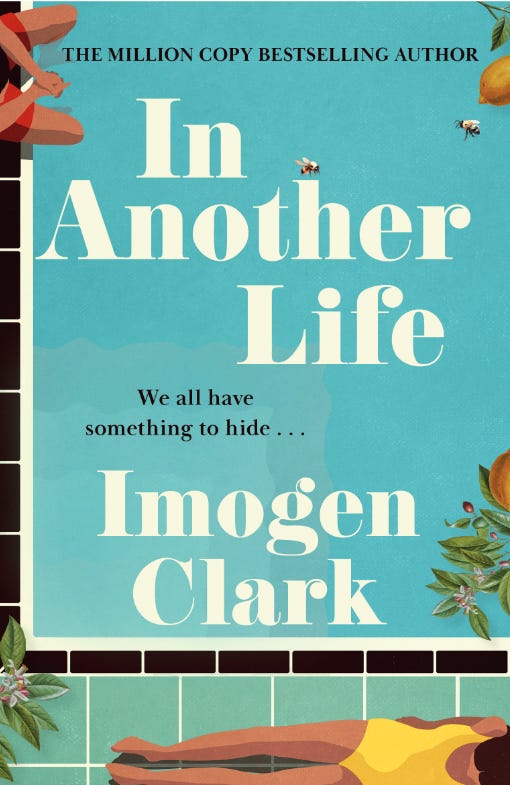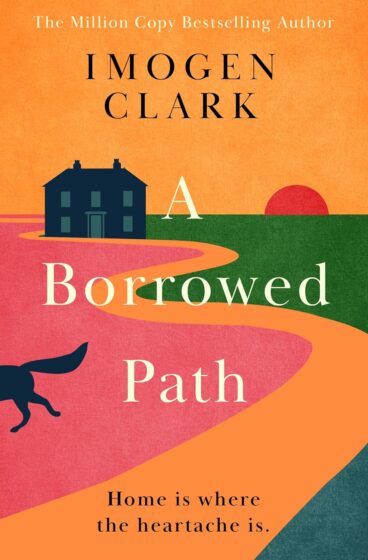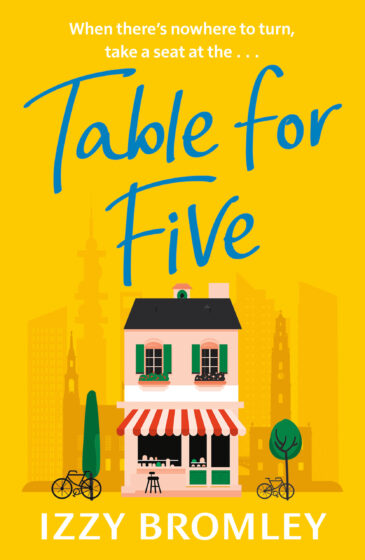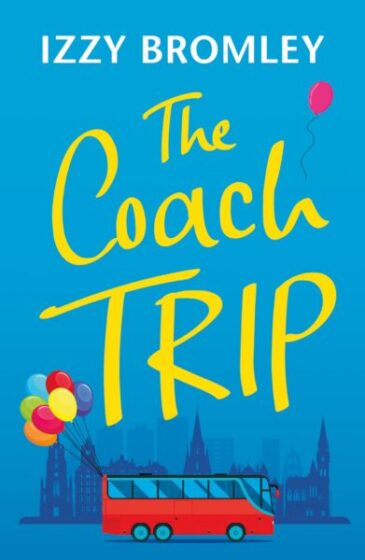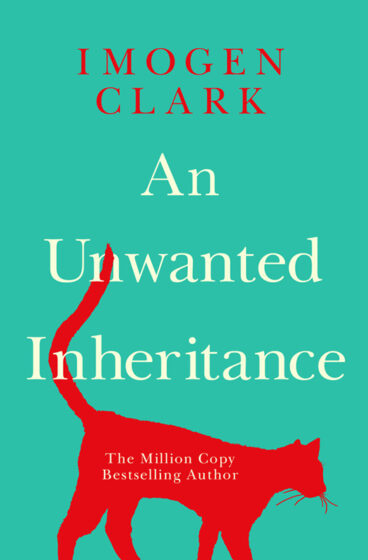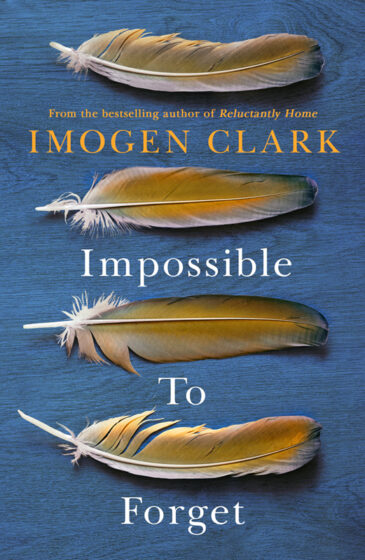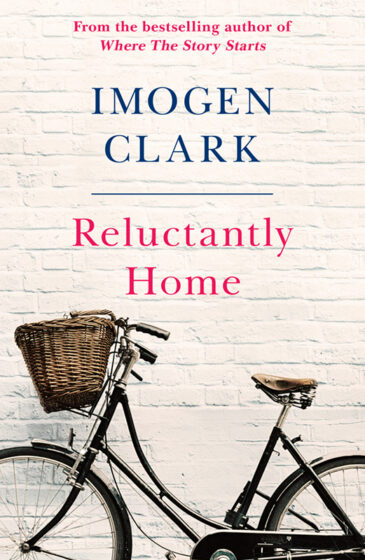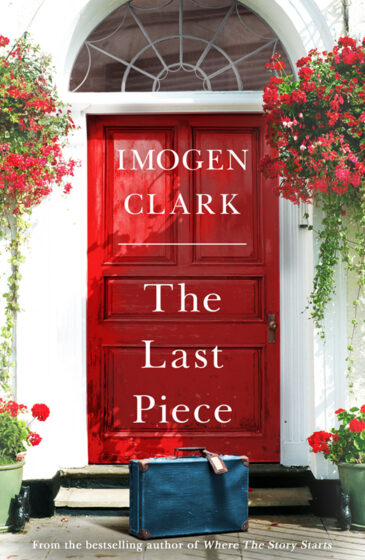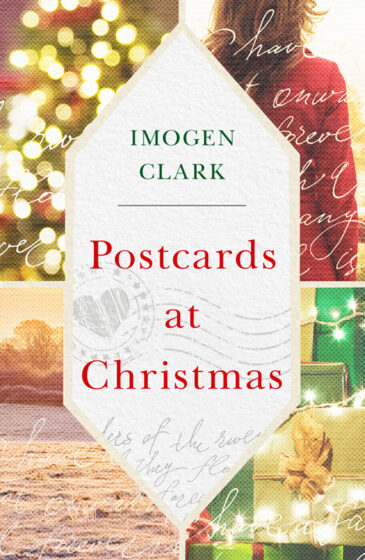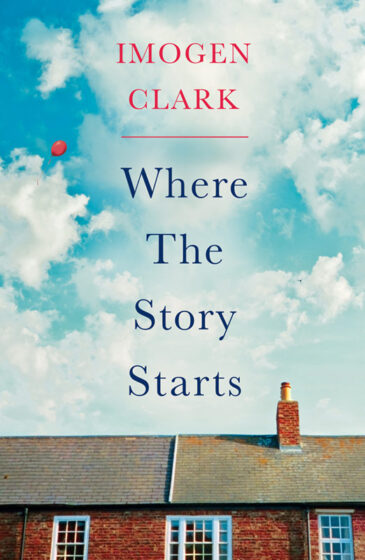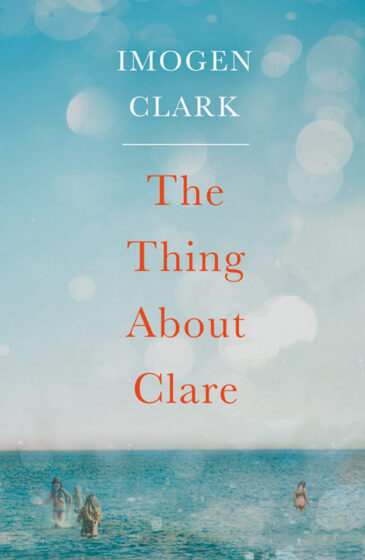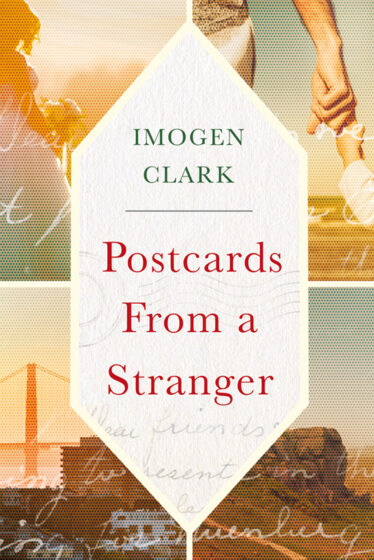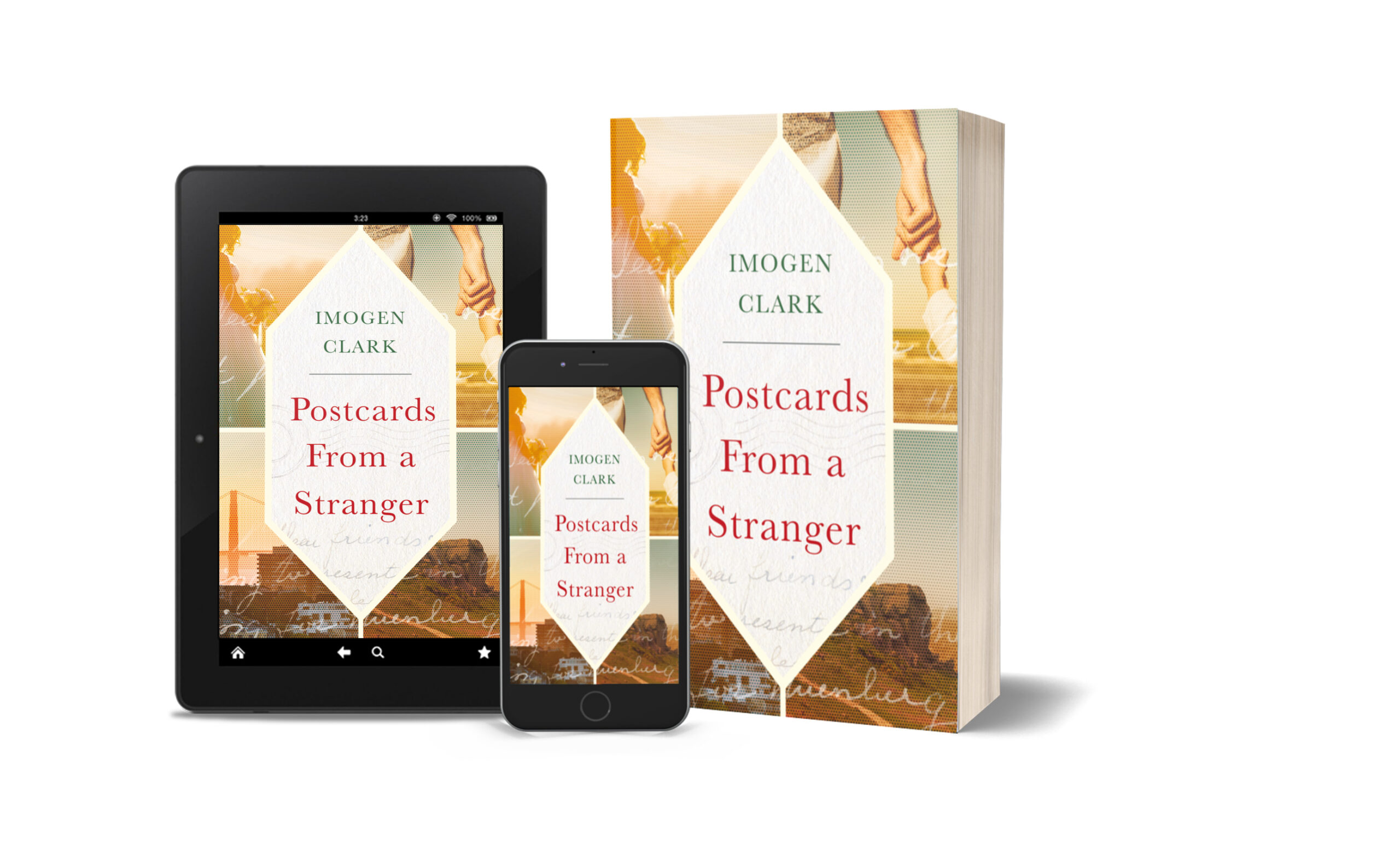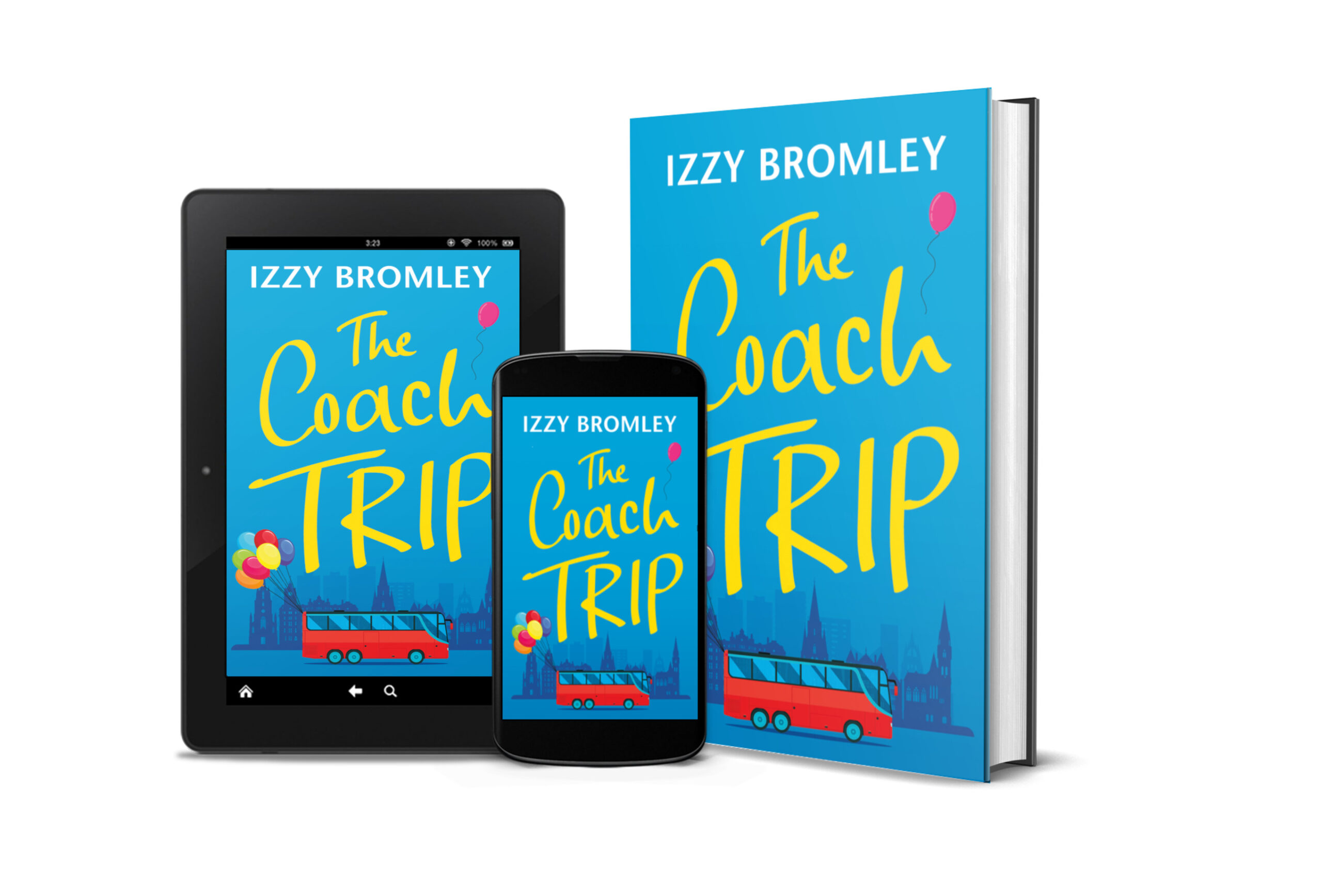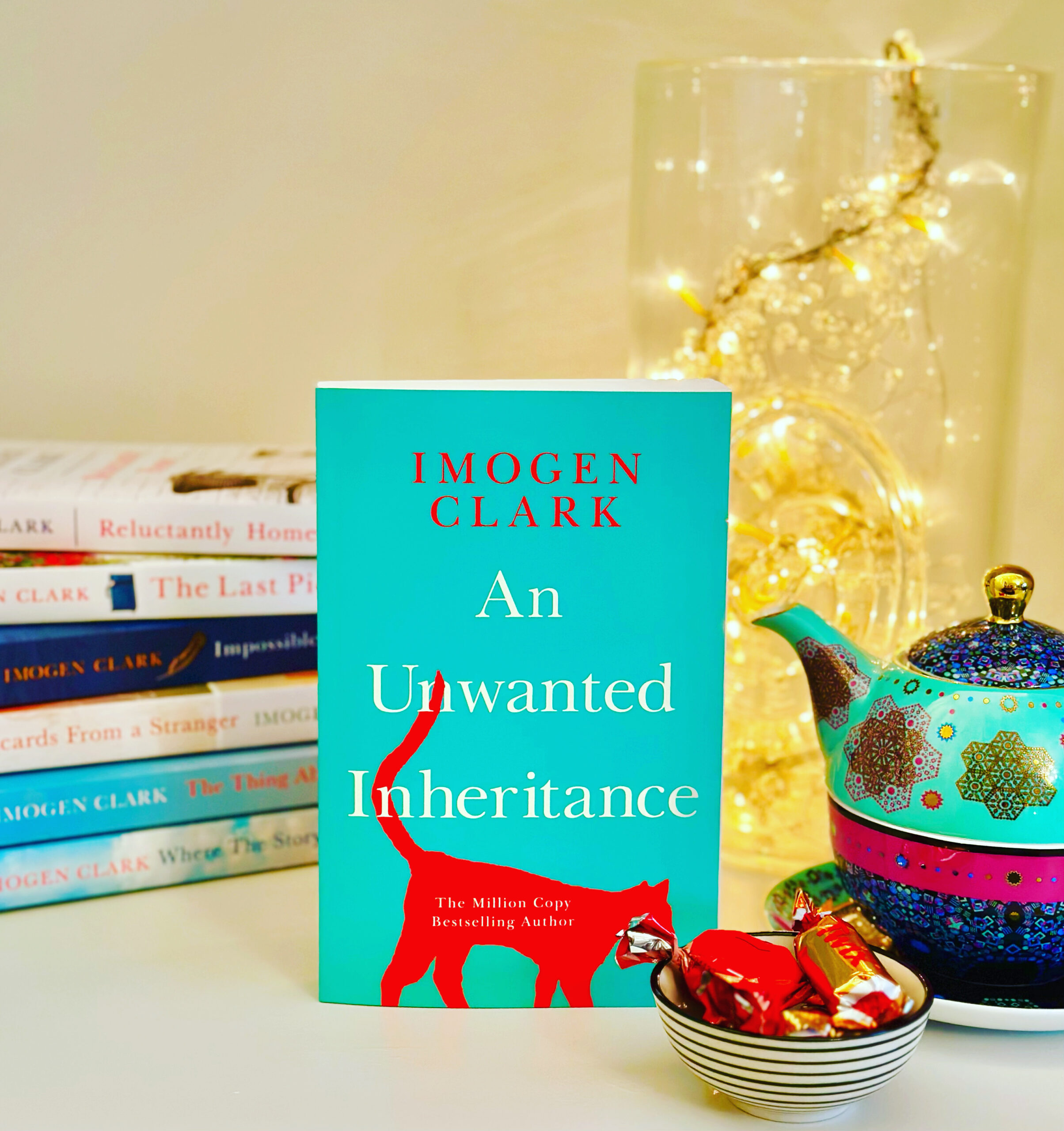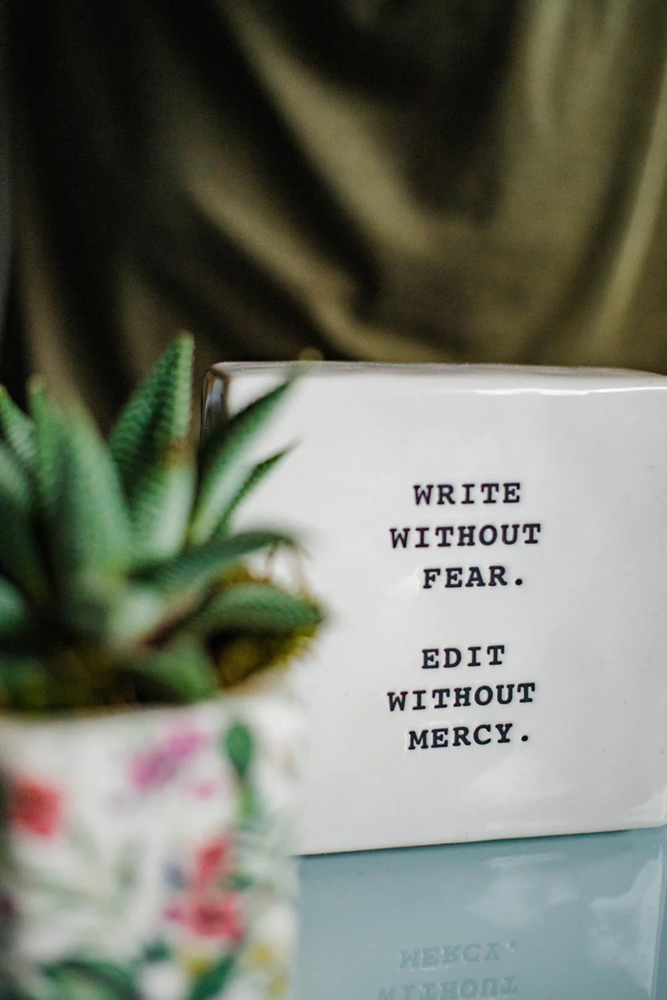
For Writers…
Make your novel the best it can be.
So, now you have your amazing first draft and you are delighted with yourself. You came up with an idea, decided who would tell the story and how and you kept writing despite everything until you reached THE END. You should give yourself a huge pat on the back and enjoy a celebration of your choosing.
But sadly, you’re not finished. Now you need to edit it.
Before I was published, I was totally confused by the concept of editing. To me, it just meant going back through my manuscript, fiddling around with the odd clunky sentence and picking up any typos. And that is a part of editing but there’s a whole lot more to it than just that.
Unless you are extremely talented, (and even if you are) it’s likely that your story will need a professional editor to read it and tell you what’s wrong with it. This is a developmental or structural edit, and they can be both worth their weight in gold and very painful.
It may take an independent eye to see the flaws in your novel because, let’s face it, if you could see them yourself then you wouldn’t have written it that way in the first place. So, plots that don’t quite work, pacing that is too fast or too slow and inconsistent characterisation are all things that a developmental editor worth their salt will pick up.
In my edits I generally have two issues that need correcting. The first is inconsistencies, because I’ve made the story up as I’ve gone along and the path I think the story will follow when I start is often truly lost by the time I get to the end. I do try to pick these things up before I send my novel to my editor, but because I’m so close to it I don’t always see them.
The second is just to write more. I have a tendency to make my reader do more work than my editor wants them to have to, so I often have to write additional scenes to create more background so that important points are clearer and don’t get missed by the reader.
You will no doubt have different things that need correcting, but believe me there will be something.
There are lots of ways of finding a good editor to help but I can recommend Reedsy, where all the freelancers have been vetted to a very high standard and so you know that you will be getting someone with appropriate experience and not another writer who thinks they can do it or someone who just likes reading books.
Try not to use someone you know for this process. It can be hard to hear criticism of your book and even harder to hear it from a friend. And anyway, the chances of you being friends with a suitably qualified editor are quite slim. And your mum probably can’t do it either. Neither can your friend with an English degree.
After you’ve been through a structural edit, your novel will be in a much better shape but it’s still likely to have some issues. You may have daffodils blooming in May, your timeline might be slightly off, so birthdays don’t quite line up or maybe you have your characters talking about a film that hadn’t yet been released.
This is where the copy editor comes in. Luckily I’ve never met one in real life, but they are the pickiest people I know! Here’s a little confession for you. I have to do my copy edits twice because, after I’ve been through them once, I have to go back to the start and take all my rude comments out. It is a painful but very necessary and valuable part of the process.
Next comes the proofread when final typos and anything else that has been missed up until now will be picked up. There are bound to be a few mistakes that still slip through the net, but hopefully this will have caught most of them. Don’t try to do this stage yourself unless you really have to. If proofing your own work can’t be avoided then try reading it out loud or getting your computer to read it out loud to you. You’re more likely to hear the mistakes than see them.
Of course, it may be that you attract an agent with your unedited book, in which case all these steps are likely to happen in conjunction with the agent or a publisher rather than you doing the work on your own. However, if you are contemplating publishing the book yourself then these are hoops you’ll need to jump through before you hit ‘Publish’.
One final tip on this stage is to not get too excited and send your work out too soon. It’s so very tempting to finish and then whizz it off to an agent or press publish on KDP and pop open the champagne, but please take time to make sure that what you’re sending is your very best work. You might not get another chance to make that first impression.
Still got questions about me? Then please join me on my Imogen Clark Author Facebook page, on Instagram and Twitter. Join my Readers’ Club to keep up to date with behind the scenes of my life and work and exclusive offers. In the end, please get in touch whichever way suits you best.


